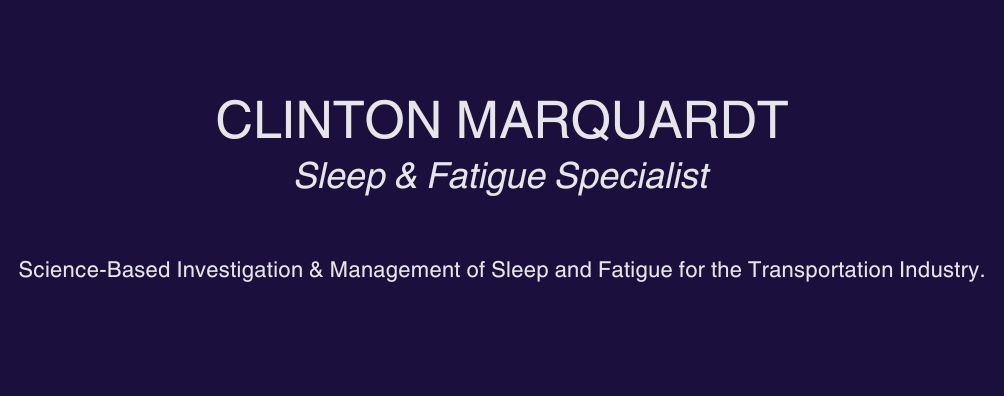1 AM and Mr. Winston decides it is time to interrupt my deep sleep! He’s only two years old and still finds himself full of energy at the wrong times and especially after a day of hiding out in our boxspring. That is what happened yesterday; Winston scrambled into our box spring and stayed there all day while workers prepped our house for our August move. This, of course, meant that he did not burn off any energy during the day and could only contain himself until my most pleasant slumber started. First it was repetitive mad dashes from one end of the second floor to the other. This was followed by spiderman-like levitations that propelled him up the walls and onto the ceiling, or so I imagined in the stupor of my interrupted sleep. Then it was time to wake up the household with wild cat “meows”. All of this lasted only about 15 minutes until my wife put an end to the disturbance by closing the bedroom door. But it was enough to fragment my sleep and make crawling out of bed this morning really hard. I was fatigued.
In my younger years I could get myself going without a dose of caffeine. I am just an average guy and as far as average goes, I have followed the normal pattern of slowly dwindling energy levels. Now I need a small kickstart every morning. It’s usually just a cup of Earl Grey tea with about 70 mg of caffeine[1]. Earlier this week I promised myself I would exercise three times. This was exercise day two and I was not feeling up to it….just too fatigued even with the cup of tea. So what did I do? I followed the illogical reasoning of a fatigued brain, if one is good, four must be better!
Lesson # 1 for Today: Don’t trust your fatigued brain! Remember that your decision making can be flawed when you are fatigued[2].
The tea was quickly followed by a Jet Fuel caplet (about 95 mg of caffeine) which of course didn’t kick in right away and my fatigued brain told me to take another hit, so in went a cup of brewed coffee (another 145 mg or so).
Lesson # 2 for Today: Wait for it to kick in! Remember that caffeine can take up to 30 minutes to take effect. If you are using caffeine as a countermeasure to reduce your fatigue, take yourself out of any safety critical situation until the caffeine has kicked in. If you are anticipating becoming fatigued, and you would like to use caffeine to prevent it, make sure you consume the caffeine 30 minutes before you expect to become fatigued.
Then the morning hunger started, and no one likes to exercise when they are hungry, or too full, and my fatigued brain said “a chocolate protein bar should do it”. Add another 48 mg of caffeine to the recipe and you get a total of about 358 mg of caffeine consumed within three hours of waking up. By the way, Health Canada says that we should limit our caffeine intake no more than 400 mg across a whole day[3]! What happens when you consume too much caffeine? Well for one, it has a dramatic effect on your second exercise day. I only made it through about 2/3 of exercise day two when the nausea and rapid heart rate told me it was time to quit. Too much caffeine can also cause other unpleasant side effects like headaches, anxiety and jitteriness [4].
Lesson # 3 for Today: Sometimes you just need to give yourself a break. Instead of an overdose on caffeine and a less than stellar exercise day, be nice to yourself and take a fatigue day. Don’t be a hero and try to power through the fatigue, instead adjust your goals for the day, making one of them a better night sleep.
“Where is Winston now?” you may ask; of course the lounge cat is enjoying the deep sleep he stole from me.

Lesson # 4 for Today: Exercise your cat everyday….or better yet, close the bedroom door before bed.
Footnotes
[1] Contrary to popular belief, tea does not normally contain more caffeine than coffee. Although I have not verified the accuracy of the caffeine content info here: https://www.erowid.org/chemicals/caffeine/caffeine_info1.shtml, I suspect that the listings are pretty close to accurate.
[2] See for examples:
(A) Babkoff, H., Mikulincer, M., Caspy, T., Kempinski, D., & Sing, H. (1988). The topology of performance curves during 72 hours of sleep loss: A memory and search task. Quarterly Journal of Experimental Psychology, 324, 737-756.
(B) Fiorica, V., Higgins, E., Iampietro, P., Lategola, M., & Davis, A. (1968). Physiological responses of man during sleep deprivation. Journal of Applied Physiology, 24(2), 169-175.
(C) Horne, J. (2012). Working throughout the night: Beyond ‘sleepiness’ – impairments to critical decision making. Neuroscience and Biobehavioral Reviews, 36(10), 2226-2231.
(D) Linde, L. & Bergstrom, M. (1992). The effect of one night without sleep on problem-solving and immediate recall. Psychological Research, 54(2), 127-136.
[3] http://healthycanadians.gc.ca/recall-alert-rappel-avis/hc-sc/2013/34021a-eng.php
[4] See for example: http://www.symptomfind.com/nutrition-supplements/side-effects-of-too-much-caffeine/


